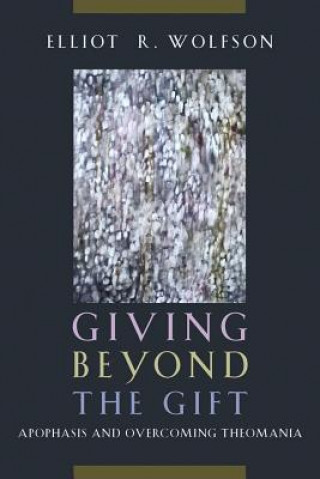
Kod: 04941395
Giving Beyond the Gift
Autor Elliot R. Wolfson
This book explores the co-dependency of monotheism and idolatry by examining the thought of several prominent twentieth-century Jewish philosophers - Cohen, Buber, Rosenzweig, and Levinas. While all of these thinkers were keenly a ... więcej
- Język:
 Angielski
Angielski - Oprawa: Miękka
- Liczba stron: 576
Wydawca: Fordham University Press, 2014
- Więcej informacji o książce

44.20 €
Zwykle: 49.10 €
Oszczędzasz 4.90 €

Dostępna u dostawcy
Wysyłamy za 14 - 18 dni
Zobacz książki o podobnej tematyce
-

Reprise Of The Spear Hero Volume 01: Light Novel
14.22 € -28 % -

Golfer's Mind
9.98 € -22 % -

Two Octaves Book for Cello
14.52 € -

Cyberfiction
61.46 € -
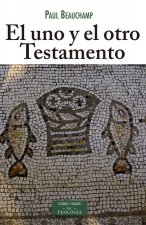
El uno y el otro Testamento : cumplir las Escrituras
44.71 € -

Homestyle Amish Kitchen Cookbook
17.05 € -4 % -

El Escorpión, La marca del diablo, 1
16.54 €
Podaruj tę książkę jeszcze dziś
- Zamów książkę i wybierz "Wyślij jako prezent".
- Natychmiast wyślemy Ci bon podarunkowy, który możesz przekazać adresatowi prezentu.
- Książka zostanie wysłana do adresata, a Ty o nic nie musisz się martwić.
Więcej informacji o Giving Beyond the Gift
Za ten zakup dostaniesz 111 punkty
 Opis
Opis
This book explores the co-dependency of monotheism and idolatry by examining the thought of several prominent twentieth-century Jewish philosophers - Cohen, Buber, Rosenzweig, and Levinas. While all of these thinkers were keenly aware of the pitfalls of scriptural theism, to differing degrees they each succumbed to the temptation to personify transcendence, even as they tried either to circumvent or to restrain it by apophatically purging kataphatic descriptions of the deity. Derrida and Wyschogrod, by contrast, carried the project of denegation one step further, embarking on a path that culminated in the aporetic suspension of belief and the consequent removal of all images from God, a move that seriously compromises the viability of devotional piety. The inquiry into apophasis, transcendence, and immanence in these Jewish thinkers is symptomatic of a larger question. Recent attempts to harness the apophatic tradition to construct a viable postmodern negative theology, a religion without religion, are not radical enough. Not only are these philosophies of transcendence guilty of a turn to theology that defies the phenomenological presupposition of an immanent phenomenality, but they fall short on their own terms, inasmuch as they persist in employing metaphorical language that personalizes transcendence and thereby runs the risk of undermining the irreducible alterity and invisibility attributed to the transcendent other. The logic of apophasis, if permitted to run its course fully, would exceed the need to posit some form of transcendence that is not ultimately a facet of immanence. Apophatic theologies, accordingly, must be supplanted by a more far-reaching apophasis that surpasses the theolatrous impulse lying coiled at the crux of theism, an apophasis of apophasis, based on accepting an absolute nothingness - to be distinguished from the nothingness of an absolute - that does not signify the unknowable One but rather the manifold that is the pleromatic abyss at being's core. Hence, the much-celebrated metaphor of the gift must give way to the more neutral and less theologically charged notion of an unconditional givenness in which the distinction between giver and given collapses. To think givenness in its most elemental, phenomenological sense is to allow the apparent to appear as given without presuming a causal agency that would turn that given into a gift.
 Szczegóły książki
Szczegóły książki
Kategoria Książki po angielsku Humanities Religion & beliefs Religion: general
44.20 €
- Pełny tytuł: Giving Beyond the Gift
- Podtytuł: Apophasis and Overcoming Theomania
- Autor: Elliot R. Wolfson
- Język:
 Angielski
Angielski - Oprawa: Miękka
- Liczba stron: 576
- EAN: 9780823255719
- ISBN: 0823255719
- ID: 04941395
- Wydawca: Fordham University Press
- Waga: 812 g
- Wymiary: 235 × 234 × 41 mm
- Data wydania: 03. February 2014
Ulubione w innej kategorii
-

The Greatest Salesman in the World
8.87 € -21 % -

The Psychology of Selling
15.53 € -22 % -

Holy Bible
60.05 € -
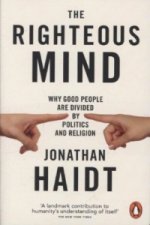
The Righteous Mind
14.32 € -22 % -

History of Christianity
18.66 € -23 % -

Encyclopedia of Demons in World Religions and Cultures
49.95 € -

NKJV, Cultural Backgrounds Study Bible, Hardcover, Red Letter
48.94 € -18 % -

Symbols of Sacred Science
38.45 € -

Miracle of Mindfulness
13.11 € -23 % -

Secular Age
88.41 € -
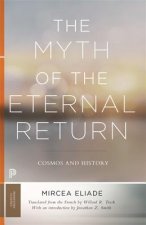
Myth of the Eternal Return
22.70 € -15 % -

Stoic Six Pack: Meditations of Marcus Aurelius the Golden Sayings Fragments and Discourses of Epictetus Letters from a Stoic and the Enchiridion
35.02 € -
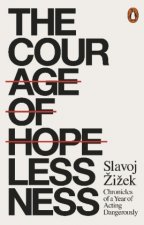
Courage of Hopelessness
10.99 € -23 % -
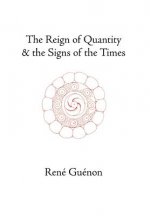
Reign of Quantity and the Signs of the Times
33.70 € -
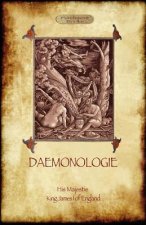
Daemonologie - with Original Illustrations
13.92 € -
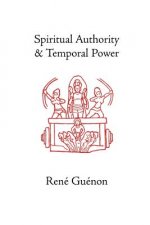
Spiritual Authority and Temporal Power
17.55 € -

Oxford Textbook of Spirituality in Healthcare
134.44 € -

Early History of God
28.86 € -26 % -
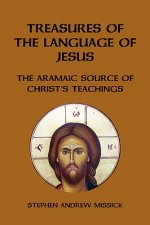
Treasures of the Language of Jesus
19.87 € -13 % -
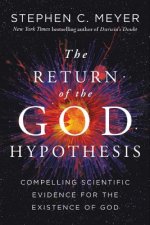
Return of the God Hypothesis
23.81 € -22 % -

The Happiness Hypothesis: Finding Modern Truth in Ancient Wisdom
15.53 € -26 % -

As a Man Thinketh
5.84 € -7 % -

Waking Up
10.08 € -29 % -
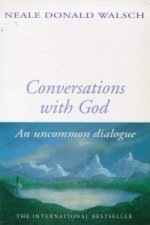
Conversations With God
11.29 € -28 % -

End of Faith
9.48 € -23 % -

Darwin's Doubt
19.07 € -7 % -

Mabon
11.60 € -17 % -
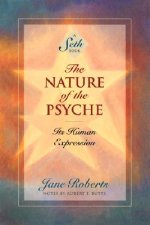
Nature of the Psyche
20.78 € -18 % -

American Cosmic
20.48 € -28 % -
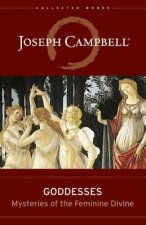
Goddesses
22.90 € -17 % -

Conversations with God - Book 2
11.40 € -22 % -

Dialogues Concerning Natural Religion, and The Natural History of Religion
8.97 € -19 % -
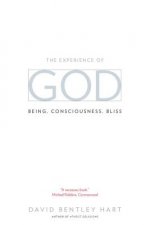
Experience of God
17.86 € -15 % -

Improbable Planet - How Earth Became Humanity`s Home
17.25 € -13 % -

Blackwell Companion to Natural Theology
42.48 € -8 % -
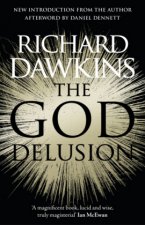
God Delusion
12.20 € -22 % -

Mindfulness Bliss and Beyond
14.22 € -28 % -

Cosmic Chemistry
17.35 € -17 % -

Seven Days That Divide the World
15.03 € -4 % -
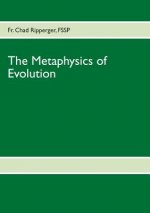
Metaphysics of Evolution
11.80 € -2 % -

Long Branches: Runes of the Younger Futhark
26.74 € -

Screwtape Letters
10.89 € -

Scientific Healing Affirmations
5.84 € -3 % -
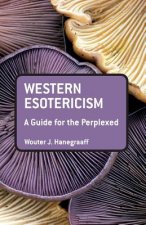
Western Esotericism: A Guide for the Perplexed
46.52 € -
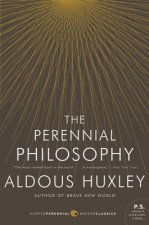
The Perennial Philosophy
16.64 € -13 % -
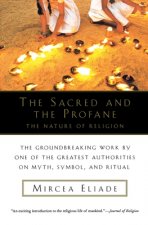
Sacred and the Profane
14.52 € -23 % -

Philosophical Foundations for a Christian Worldview
51.47 € -27 % -

Death
6.05 € -

Koran
20.48 € -2 %
Osobní odběr Bratislava a 2642 dalších
Copyright ©2008-24 najlacnejsie-knihy.sk Wszelkie prawa zastrzeżonePrywatnieCookies


 Vrácení do měsíce
Vrácení do měsíce Zdarma od 49.99 €
Zdarma od 49.99 € 02/210 210 99 (8-15.30h)
02/210 210 99 (8-15.30h)